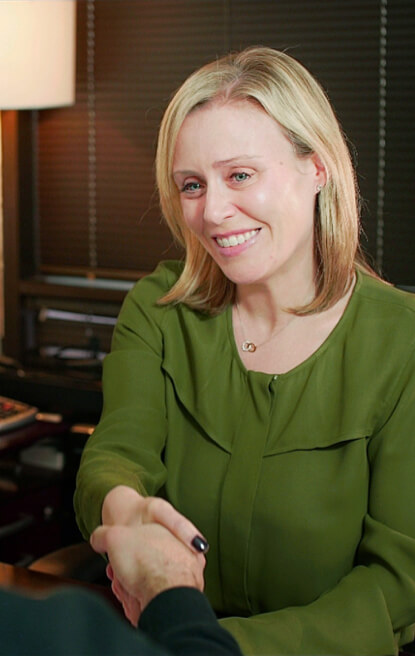If you have a disability that prevents you from retaining gainful employment, the financial pressures and difficulties of everyday life may be too much to handle sometimes. The good news is that Social Security disability benefits can provide critical financial relief. The not-so-great news is, however, that the Social Security disability benefits application process is notoriously difficult to navigate. Furthermore, many have their initial applications denied. A significant number of applicants even experience more than one denial. If this is you, do not lose hope. There are still ways to be approved for disability benefits even if your application has been twice denied.
What to Do If Your Disability Benefits Application Has Been Twice Denied
It is common for an initial application for disability benefits to be denied. Some may be surprised, and demoralized, to hear this, but it holds true. Many more applicants find success on the various levels of appeal available in the Social Security disability application process. After receiving an initial denial on a benefits application, an applicant for disability benefits can file for a reconsideration appeal.
On reconsideration appeal, your disability benefits application will be once again reviewed. What about if your application is denied at the reconsideration appeal level? There is further action you can take even after your application has effectively been denied twice. After denial upon reconsideration appeal, you can file a second appeal. The second appeal is a request for a disability hearing in front of an administrative law judge, or ALJ.
While it may be easy to feel defeated at this point in the process, know that people are actually more likely to find success at the disability hearing level of the appeals process than the two previous application levels combined. To help your application succeed at the hearing level, you should be prepared with key pieces of supporting evidence.
Medical records, in particular, will play a vital role in your application and this remains true throughout the appeals process. In an ideal scenario, your medical records extend back to the date of your disability’s onset as is listed on your application. Getting your onset date right and having the medical records to support it are important as they can affect things like how much you may be eligible to receive in back pay.
Current medical records will also play an important part in the appeals process. Current records are considered to be those that are no older than ninety days. This means that you may need to present newer records to the ALJ at your hearing that may not have been included in your initial application. Without current medical records, you may need to attend a consultative examination (CE) before a determination can be made on your disability benefits application.
Los Angeles Disability Attorney
Whether it is assistance at the initial application level or on the various levels of appeal, the team at Disability Advocates is here to help. Contact us today.


